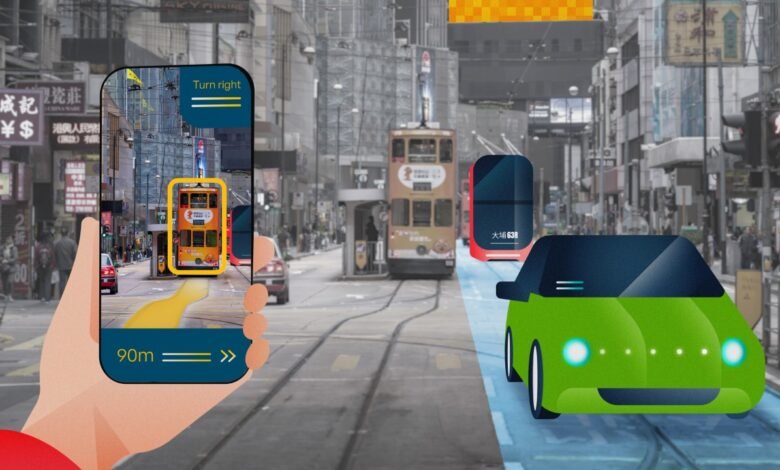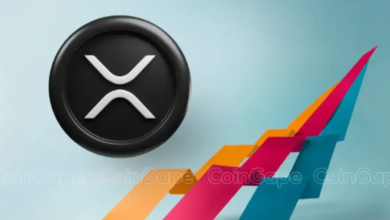Developing a TMS for Sustainable Urban Mobility

With urbanization, the need for efficient and environmentally friendly transportation has increased significantly. Traditional transportation models rely on fossil fuels and private vehicles. They are increasingly seen as unsustainable due to their environmental impact. The future belongs to the creation of transportation management systems (TMS) that prioritize green initiatives and sustainable practices. Transportation management system development company is confident that in the coming decade, this will help cities switch to more environmentally friendly and efficient modes of transportation. Or at least take a big step in that direction.
Ideally, a transportation management system for sustainable urban mobility isn’t just about getting people from point A to point B. It’s about integrating different modes of transportation — including public transportation, bike-sharing programs, and electric vehicles — into a single, smart, and sustainable network. Let’s take a look at how such systems can be designed to support green initiatives and transform urban transportation.
The importance of a sustainable approach to urban transport
Even people who are not particularly interested in environmental issues know that the transportation sector is a significant source of global greenhouse gas emissions. Approximately 24% of direct CO2 emissions come from fuel combustion.
Modern cities face a dual challenge. On the one hand, they need to reduce emissions. On the other hand, they must meet the growing demand for mobility. How can this be done? Let’s look at some options.
The mission is to reduce congestion
Reducing congestion means helping citizens use their time more efficiently. It also means reducing the fuel consumption of cars and, at the same time, reducing harmful emissions into the atmosphere. According to Lionwood, optimizing traffic flow through control systems can significantly reduce pollution and create a healthier urban environment.
Encourage active and public transportation
More cycling, public transport and walking are very important for a modern city. Reducing the use of private cars in cities will help to significantly reduce emissions. It will also reduce the need for parking.
An urban transport management system can make it easier to track public transport, find bikes for rent, and map routes, making it more accessible to ordinary users.
In general, we find that a well-designed transportation management system can help:
- Optimize the use of rental bicycles;
- Improve infrastructure for electric vehicles;
- Create more convenient and optimized routes for public transportation.
And these are just a few of the benefits that can be achieved!




